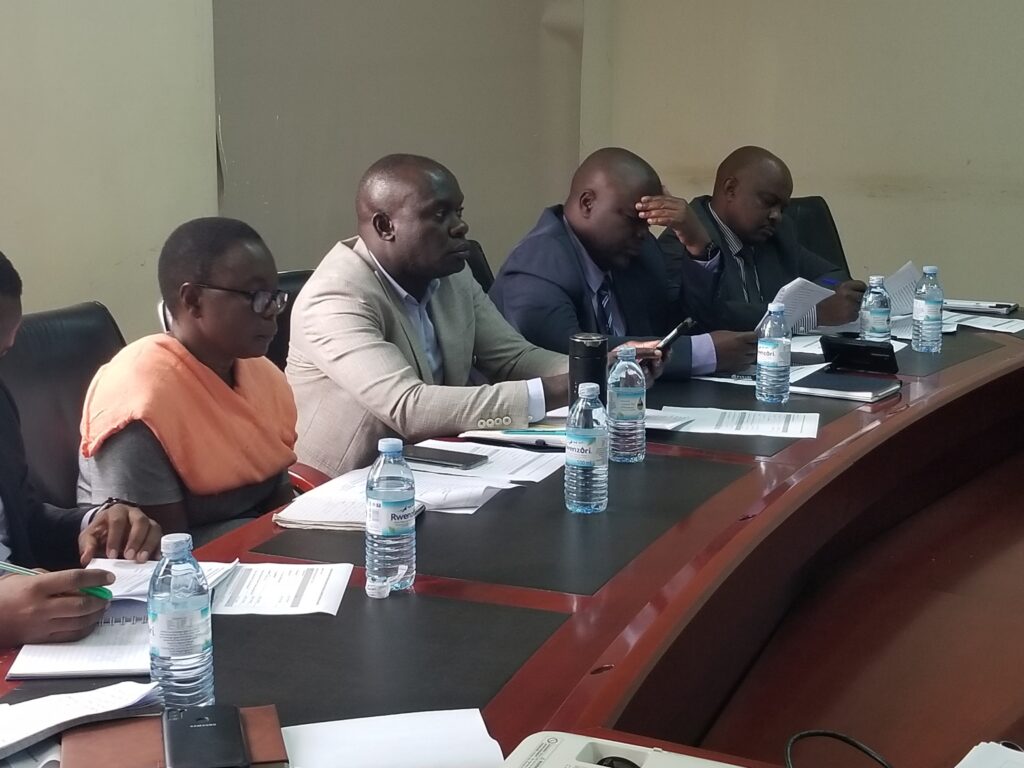
In the quest for efficient urban development in Uganda’s Greater Kampala Metropolitan Area, the National Water and Sewerage Corporation (NWSC) is playing a rather significant role in steering transformative initiatives. The challenges of land acquisition and infrastructure management faced by the government are mirrored by NWSC, prompting a strategic move to address these issues.
To combat the hurdles posed by inadequate infrastructure management, the Parliament of Uganda secured funds from the World Bank for the Greater Kampala Metropolitan Area Urban Development Program (GKMA-UDP). This comprehensive program encompasses road construction, rehabilitation, market improvements, and aligns seamlessly with the goals of National Development Plan 3.
At the forefront of this initiative is the Program Technical Committee (PTC), a dynamic team of representatives from various ministries and government parastatals, including NWSC, KCCA, NEMA, and more. Tasked with elevating infrastructural transformation, the PTC addresses critical urban challenges, with a recent focus on solid waste management.
In a recent rendezvous, Ms. Monica Edemachu, the Undersecretary of the Ministry of Kampala Capital City and Metropolitan Affairs, orchestrated the third PTC meeting at the Office of the President in Kampala in a session aimed to establish a well-informed 5-year work-plan, fortify institutions, and structure comprehensive technical guidance for the seamless implementation of the program.
Key stakeholders, including NWSC and NEMA, actively contributed to the agenda. Environmental management took center stage, recognizing its impact on nature, including issues such as floods and the potential destruction of vital water sources. Eng. Francis Kateeba, Senior Manager of Water Supply at Kampala Water, and Jeff Kabagambe, representing NWSC, emphasized the urgency of sharing the ministry’s approved infrastructure plan to enable proactive planning and prevent disruptions, such as cutting NWSC pipes during construction.
As the teams assessed the proposed budget, covering activities like capacity building, consultations, and development, a strategic approach was arrived at which aims to alleviate losses incurred by institutions due to challenges such as pipe cutting, infrastructure constructed on pipelines, and buried network fixtures.
The ultimate goal is to pave the way for improved service delivery and heightened operational efficiency within the city.


